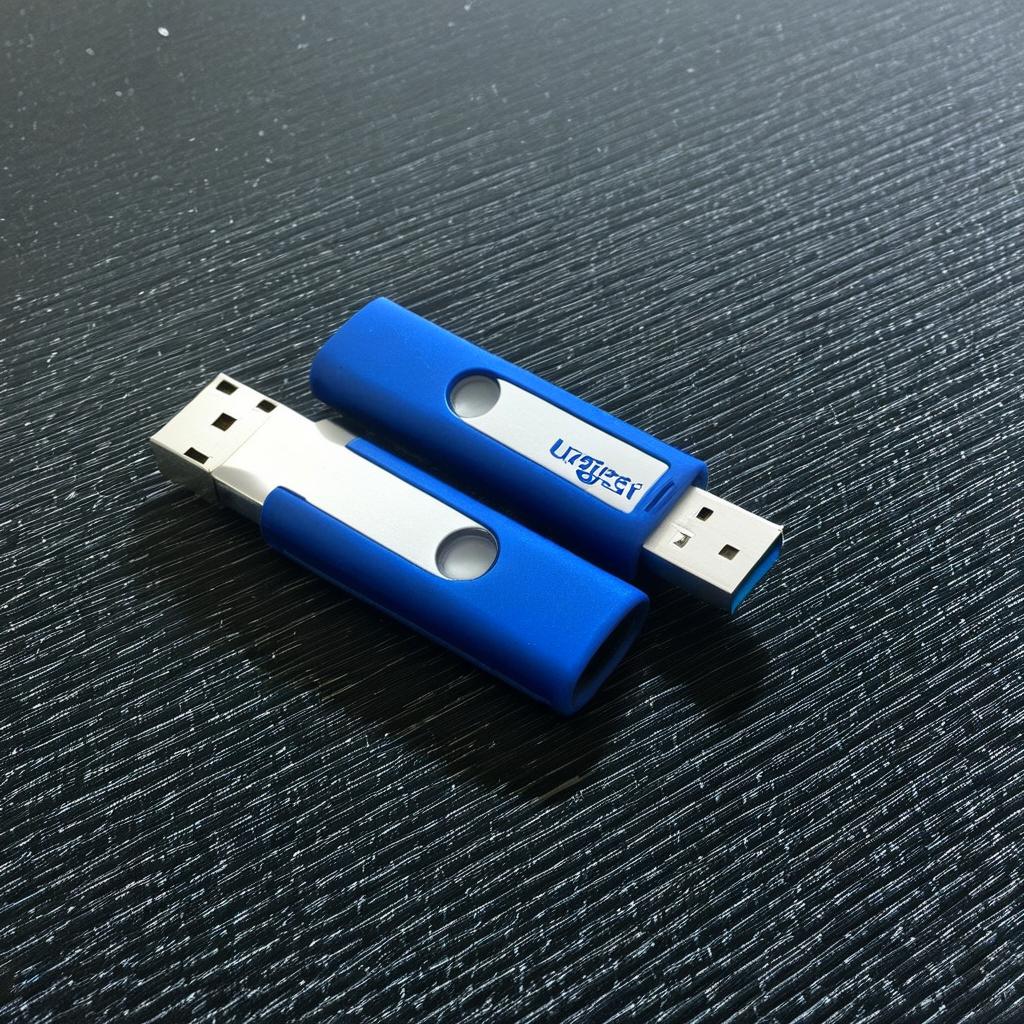USB thumb drives are incredibly convenient. They provide an easy way to transfer files, back up data,… However, when it comes to found USB drives those you come across unexpectedly or discover in public places plugging them into your computer or device can pose significant risks. This article explores why you should never plug in a found USB drive and highlights the potential dangers involved.

The Hidden Dangers of Found USB Drives
1. Malware and Viruses
One of the most pressing concerns with plugging in a found USB drive is the risk of encountering malware or viruses. Cybercriminals often use infected USB drives as a means to distribute malicious software. When you connect the drive to your computer, the malware can automatically execute, compromising your system’s security. This type of attack can lead to severe consequences, such as data loss, system crashes, or unauthorized access to sensitive information.
2. Data Theft and Privacy Risks
Another significant risk is the potential for data theft. Found USB drives can be equipped with software designed to access and extract information from your computer. If you plug in an unknown drive, it could initiate data collection processes that may capture personal files, login credentials, or other sensitive information. This stolen data can then be used for identity theft or other malicious activities.
3. Ransomware Threats
Ransomware is a particularly insidious type of malware that can encrypt your files and demand payment for their release. A found USB drive could be intentionally loaded with ransomware. Once connected to your computer, the ransomware can encrypt your files, rendering them inaccessible until you pay a ransom to the attacker. This can cause severe disruption to your personal or professional life and lead to financial losses.
4. Network Security Compromises
For businesses, the stakes are even higher. Plugging in a found USB drive on a company computer can pose a threat to the entire network. Cybercriminals can use these drives to introduce malware that spreads across your network, potentially compromising multiple systems and leading to extensive damage. This can result in significant financial losses and reputational damage for your business.
5. Unintended Consequences
Aside from intentional malicious activities, found USB drives can also contain harmful software or scripts that unintentionally disrupt your system. These can include corrupted files, faulty drivers, or software designed to interfere with your computer’s normal operations. Even if the drive wasn’t intentionally harmful, it could still cause unexpected issues that affect your device’s performance.
Practical Tips for Protecting Yourself
1. Avoid Plugging in Unknown Devices
The simplest and most effective way to protect yourself is to avoid plugging in found or unknown USB drives. If you come across a USB drive that isn’t yours, it’s best to leave it untouched. Instead, consider reporting it to the appropriate authorities or a security professional if you believe it could be part of a larger issue.
2. Use Antivirus Software
If you must handle USB drives from unfamiliar sources, ensure that your computer is equipped with up-to-date antivirus software. Regularly scanning your devices for malware can help detect and neutralize threats before they cause harm.
3. Employ a Virtual Machine
For those who need to examine potentially suspicious USB drives, consider using a virtual machine (VM) environment. A VM can act as a sandbox, isolating the drive’s contents from your main operating system. This setup allows you to investigate the drive without risking your primary system’s security.
4. Educate Yourself and Others
Staying informed about the risks associated with found USB drives and sharing this knowledge with others can help prevent accidental infections. Regularly educate yourself and your colleagues or family members about best practices for handling unknown devices.
5. Implement Strict Security Policies
For businesses, implementing strict security policies regarding the use of USB drives is essential. This can include restricting USB ports, using encrypted drives, and establishing protocols for handling found or unknown devices.
Conclusion
In a world where data security is more critical than ever, it’s essential to be cautious about the devices you connect to your computer. Found USB drives, while seemingly innocuous, can harbor a range of threats that could compromise your personal or professional information. By understanding the risks and taking proactive measures to protect yourself, you can safeguard your data and maintain your digital security. Always err on the side of caution, and remember that it’s better to be safe than sorry when it comes to the security of your devices and information.




